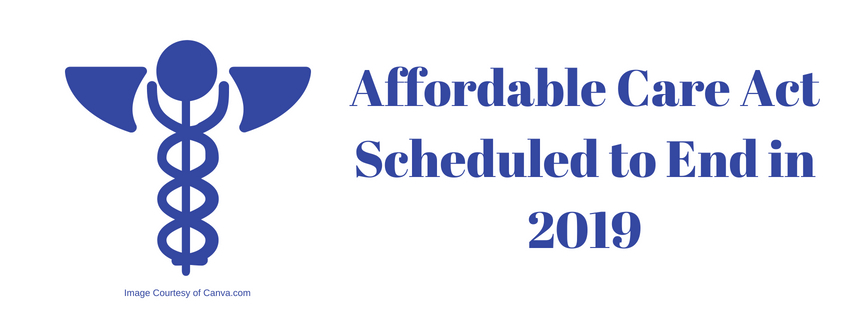The Tax Cuts and Jobs Act, effective on December 22nd, 2017, has created quite the stir for individuals and tax professionals as of late (information on much of which you can find on our blog). The legislative decision to eliminate the Affordable Care Act Mandate in 2019 is no exception, so here’s a rundown of what to expect for next year.
What Will Change
Under current law, those without the minimum requirement in health insurance that don’t qualify for an exemption, are required to pay a penalty fee for each tax return year they continue without healthcare. This penalty could range between $695-$2,085 per person, or equate to 2.5% of the taxpayer’s household income, minus the filing threshold.
Beginning in 2019, however, this penalty for those without health insurance will disappear under federal law – though some states may still enforce their own fee – while medical expenses will be raised to a 10% alternative minimum tax (AMT) and regular tax threshold.
For 2017 and 2018, the adjusted gross income floor will lie at 7.5% for AMT and regular tax.
What Will Remain the Same
This mandate change to the Affordable Care Act will not affect the following:
- Taxpayers that are 100%-400% of the federal poverty level will remain eligible for premium tax credit;
- Employers with 50 or more employees must continue to provide employee healthcare or pay the Employer Shared Responsibility fee; and
- High-income taxpayers will continue to face surtaxes of 3.8% Net Investment Income Tax and 0.9% Additional Medicare Tax.
How the Change Might Affect Taxpayers
The nation could see a difference within two classes of people after the change. For those with little risk to their health and enough money to pay for the occasional doctor’s visit, without the incentive of a penalty, purchasing a healthcare plan could be seen as unnecessary.
Similarly, for those on the opposite side of the spectrum who struggle to keep up with payments, health insurance could be perceived as a waste of time and money without the yearly fees for not having coverage to spur one on.
For most people, however, the elimination of the ACA mandate won’t affect much as many already have health insurance thanks to their employer or public health plans like Medicare, while in addition, the ACA’s insurance plan Marketplace will remain available after 2019 to those who qualify.
